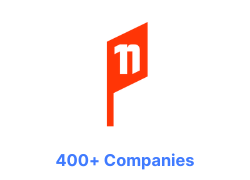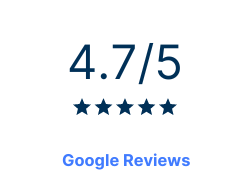
Are you staying on top of your data?
If so, are you able to leverage it into actionable steps? For most companies and organisations information represents 49 percent of their value. This means that any loss of the information could be catastrophic due to loss of customers, brand damage, decreased revenues, increased expenses and so on. With big data being the driving force behind many organisations today, it’s now more important than ever to mange your data. Here are five steps you can take to better manage your data:
1. Focus on the information, not the device or data center
Focus on building an information infrastructure that optimises the ability of your organisation to find, access and consume critical business information. Key technologies include virtualisation, cloud computing and mobile devices and applications. The Microsoft suite of applications is multi faceted and worth considering if you are moving away from your existing set-up.
2. Gain a complete understanding
Know your companies information and recognise that not all information is equal. Many organisations lack basic knowledge like who owns specific information, how important the data is or even whether it is personal or business in nature. Make sure that the right people have the access to the right information. You need to map and classify information to discover its relative value. Once you’ve done this, you can more easily prioritise security, protection and management resources for the information that really matters.
3. Be efficient
Use deduplications and archiving technologies to protect more while storing less. Only store what you really need.
4. Systemize and set consistent policies
It’s essential to set consistent policies for information that can be enforced wherever the information resides, whether in physical, virtual or cloud environments. This unifies information classification, automates discovery of who owns and uses specific information, controls access and distribution, automates information retention and deletion and speed the process of eDiscovery.
5. Stay agile
Finally, plan for future information needs by implementing a flexible infrastructure that supports continued growth and change.
Fulfil all of your data analysis needs with SQL, R, and Python courses that will grant you the knowledge needed to navigate confidently within databases.
 Australia
Australia
 New Zealand
New Zealand
 Singapore
Singapore
 Hong Kong
Hong Kong
 Malaysia
Malaysia
 Philippines
Philippines
 Thailand
Thailand
 Indonesia
Indonesia
 phone
phone
 email
email
 enquiry
enquiry
























